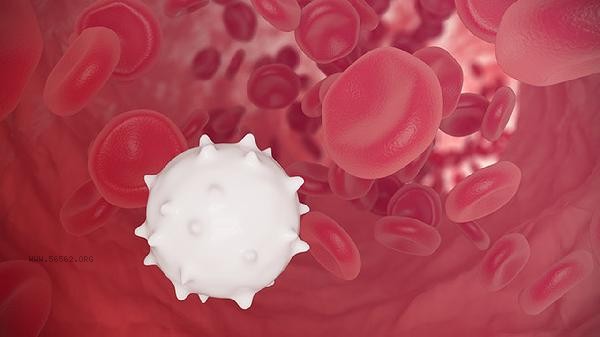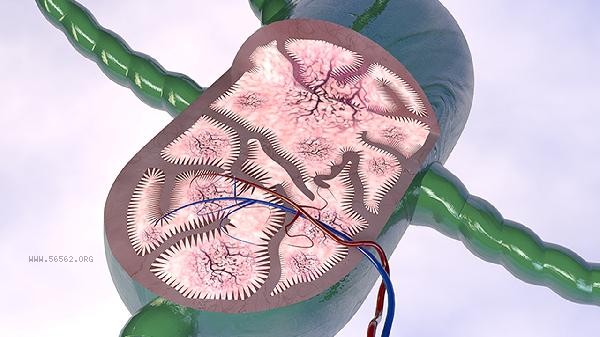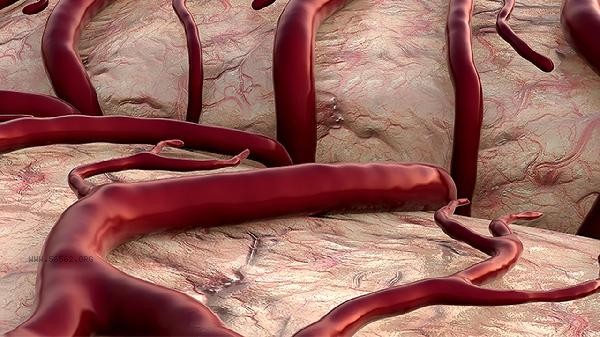Renal artery stenosis can indeed cause an increase in blood pressure, as reduced renal blood flow activates the renin-angiotensin system, leading to hypertension. Treatment includes drug therapy, interventional therapy, and surgical treatment.

1. Genetic factors: Certain genetic diseases such as fibromuscular dysplasia may lead to renal artery stenosis, which in turn can cause hypertension. For such patients, regular monitoring of blood pressure and kidney function is crucial. It is recommended to use angiotensin-converting enzyme inhibitors ACEI or angiotensin II receptor antagonists ARB for antihypertensive treatment.
2. environmental factors: Long term exposure to high salt diets, smoking, and environmental pollution may increase the risk of renal artery stenosis. Reducing salt intake, quitting smoking, and avoiding environmental pollution are preventive measures. It is recommended to adopt a low salt and low-fat diet in terms of diet, and increase foods rich in potassium and magnesium such as bananas and spinach.

3. Physiological factors: As age increases, vascular elasticity decreases, making it easier for renal artery stenosis to occur. Maintaining a healthy lifestyle, such as regular exercise and a balanced diet, can help delay vascular aging. It is recommended to engage in aerobic exercise such as brisk walking and swimming for at least 150 minutes per week.
4. Trauma: Abdominal or lumbar trauma may damage the renal artery, leading to stenosis. Seek medical attention promptly and undergo imaging examinations to confirm the diagnosis. Antiplatelet drugs such as aspirin or angioplasty may be necessary for treatment.
5. Pathological factors: atherosclerosis is a common cause of renal artery stenosis, which may lead to hypertension. Controlling blood lipids, blood sugar, and blood pressure is the key to prevention and treatment. Drug therapy includes statin drugs for lipid-lowering, metformin for blood glucose control, and calcium channel blockers for blood pressure reduction. Early diagnosis and comprehensive treatment are crucial for hypertension caused by renal artery stenosis. Drug therapy such as ACEI, ARB, and calcium channel blockers can effectively control blood pressure. Interventional therapy such as renal artery stent implantation can improve blood flow. Surgical treatment such as renal artery bypass grafting is suitable for severe cases. Diet and exercise management are also important parts that cannot be ignored. It is recommended to have a low salt diet and regular aerobic exercise. Regular monitoring of blood pressure and kidney function, and timely adjustment of treatment plans, are key to long-term management. Through comprehensive treatment, blood pressure can be effectively controlled, complications can be reduced, and quality of life can be improved.










Comments (0)
Leave a Comment
No comments yet
Be the first to share your thoughts!